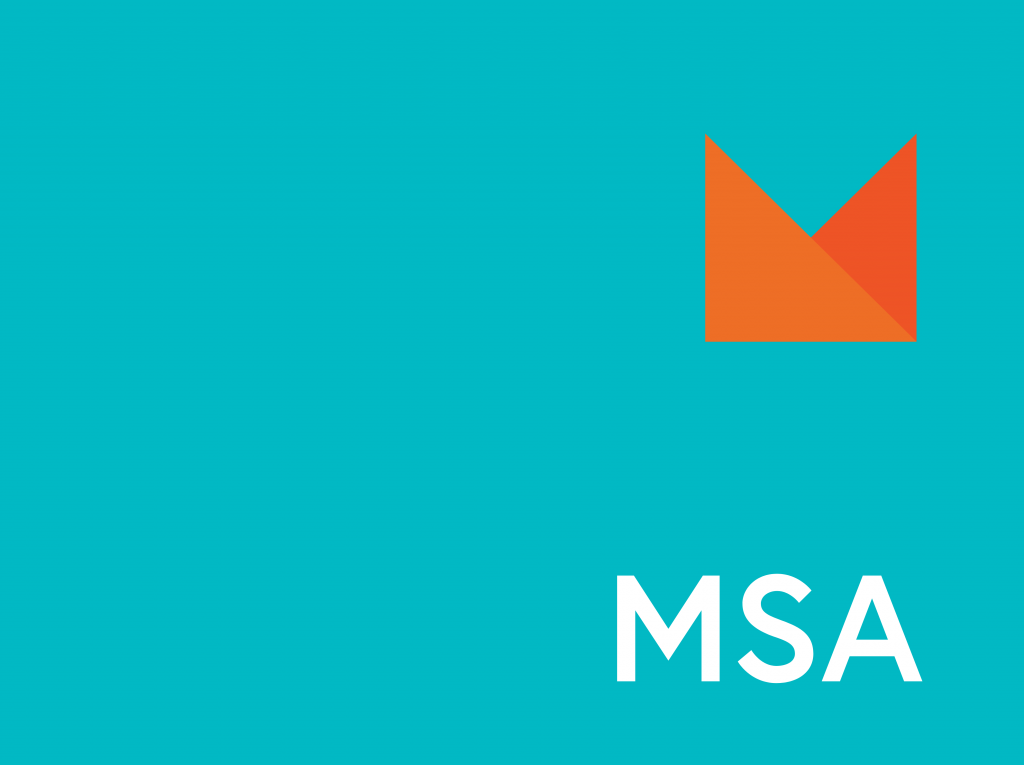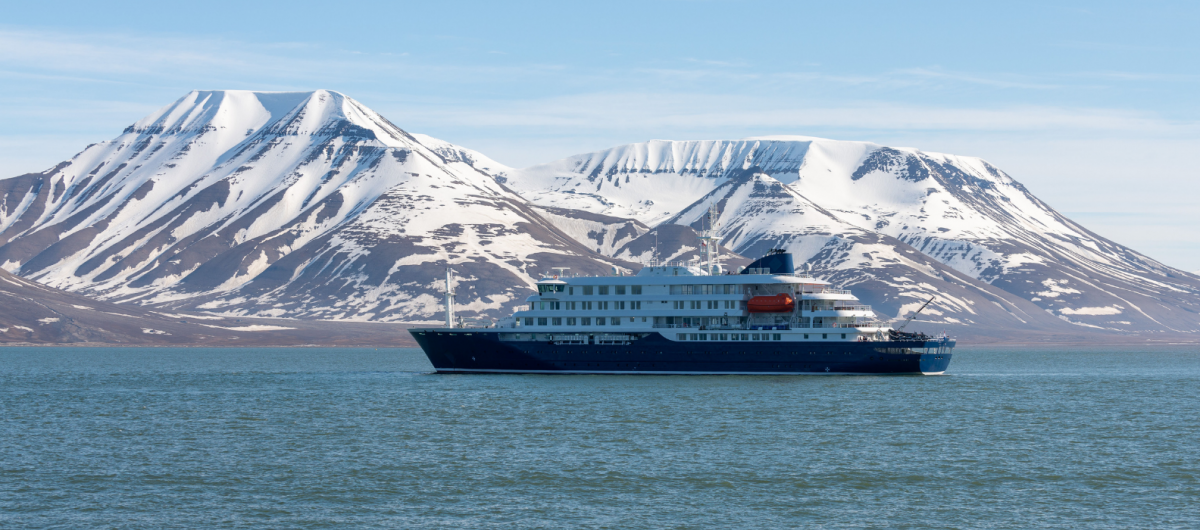Supporting Safer Polar Shipping
In January 2025, over 200 delegates from nearly 100 countries and organisations gathered at the IMO Headquarters in London for the Polar Maritime Seminar, co-sponsored by the International Maritime Organization (IMO) and Norway’s Chairship of the Arctic Council, in cooperation with the Protection of the Arctic Marine Environment (PAME) Working Group.

This significant event marked a key moment in the global conversation around polar maritime operations, uniting regulators, researchers, operators, and Indigenous representatives to address the increasing complexities of shipping in the Arctic and Antarctic.
Themes and Outcomes of the Polar Maritime Seminar
1. Trends in Polar Shipping and Vessel Activity
During the event, experts presented data showing a steady rise in Arctic and Antarctic traffic, driven by tourism, resource access, and scientific missions. The Arctic Ship Traffic Data (ASTD) project highlighted the need for improved monitoring and transparency to track pollutants emitted and promote a more sustainable method of traffic so as not to disrupt sensitive ecosystems.
2. Voyage Planning and Risk Management
With dedicated sessions on the importance of real-time data, satellite support, and proactive planning, the POLARIS risk indexing system was reviewed as a tool to help operators assess ice conditions and make safer routing decisions.
3. Search and Rescue (SAR) Challenges
Due to limited infrastructure in polar regions, SAR capabilities still remain a concern. Case studies, including the Northguider grounding, underscored the need for international collaboration and contingency planning.
4. Training and Competence Development
The seminar emphasised the importance of STCW polar modules and advanced simulation-based training. Speakers from the IMO, Norwegian Maritime Authority, and industry leaders discussed how to enhance crew readiness for polar conditions.
At the Maritime Skills Academy, training and competence development are at the heart of our deliverables. As the only MCA-approved, Polar Code Training centre in the world, our expertise and knowledge have seen many pass their Basic and Advanced courses, making the waters safer one vessel at a time.
5. Environmental Protection and Emissions
As a population, we should be making more of an effort to reduce our emissions and plastics that are harming the environment. The shipping industry alone accounts for approximately 3% of global carbon dioxide emissions, and contributes to other concerns such as oil spills and noise pollution that affect marine life. The seminar raised all the above points, touching on the plastic pollution from fisheries, which is also a significant contributor to environmental disruption.

As a result, the decision was made to strengthen the Polar Code and expand emission control measures, especially in light of the Arctic’s accelerated warming.
6. Fishing Vessel Safety
The summit concluded with a decision to approve the Cape Town Agreement, establishing minimum safety standards for fishing vessels— a critical issue given their increasing presence in polar waters.
A Collaborative Path Forward
Speakers, including Ms Heike Deggim (IMO) and Ms Siv Christin Gaalaas (Norwegian Ministry of Trade, Industry and Fisheries), stressed the importance of balancing opportunity with responsibility. The seminar reinforced that safe and sustainable polar shipping requires:
- Strong international cooperation
- Continuous regulatory evolution
- Investment in training and technology
- Respect for Indigenous knowledge and ecosystems
The 2025 Polar Maritime Seminar sets the tone for the challenges and opportunities ahead. As we move into the winter season and more discussions on polar operations, we’ll explore how these themes translate into real-world practices from training and compliance to innovation and climate resilience.
The Maritime Skills Academy hopes that by raising awareness of these issues and providing essential training to crew, we can help Set New Standards Together in the maritime industry.


